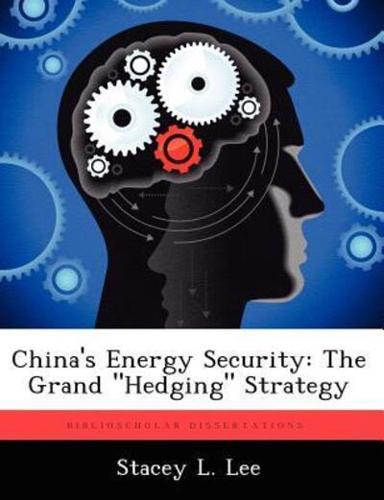Publisher's Synopsis
In the late 1970s, a group of reform minded Chinese, led by Deng Xiaoping, enacted a series of economic reforms that catapulted China into the global spotlight. The key to sustaining the dynamic growth is access to petroleum resources. The central question of this monograph is whether China's strategy is liberal-institutionalist or realist-mercantilist. Using a qualitative case study methodology that explores the dependent variable, energy security, using three independent variables, cost, reliability, and security, China's grand strategy is shown to be a hedging approach. The analysis consists of three case studies. The first case study shows that as the Chinese National Oil Companies grow in scale and experience, they are increasingly at odds with the central government's strategy. This conflict works at cross-purposes to the overall state-directed strategy. The second case study shows that in countries like Sudan, where China has extensive unilateral agreements, the strategy is clearly realist-mercantilist. The final case study shows that in areas like the maritime transit corridors, where China is reliant on outside actors for security, the strategy is liberal-institutionalism or free riding. Taken as a whole, the Chinese strategy for energy security is a combination of liberal-institutionalism, realist-mercantilism, and "free riding" tailored to fit the situation and to maximize opportunities that present themselves.












